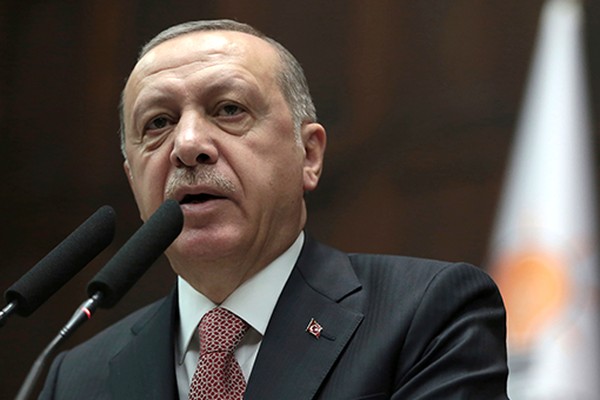Kim R. Holmes, a Distinguished Fellow at The Heritage Foundation, oversaw the think tank’s defense and foreign policy team for more than two decades.
Holmes was Heritage’s vice president for foreign and defense policy studies and director of the Davis Institute for International Studies from 1991 through 2012 except for his service, during most of the first term of President George W. Bush, as assistant secretary of state for international organization affairs.
Holmes’ priority is writing a book, due in fall 2013, in which he hopes to lay out a compelling vision for America’s future by uniting Heritage’s domestic and foreign policy ideas. “Few people bring greater clarity and historical wisdom to thorny issues than Kim Holmes,” Heritage President Edwin J. Feulner said in announcing the new role on Dec. 5, 2012.
Holmes previously directed Heritage's team of foreign and defense policy experts in four centers on the front lines of international affairs: the Douglas and Sarah Allison Center for Foreign Policy Studies, the Asian Studies Center, the Center for International Trade and Economics and the Margaret Thatcher Center for Freedom. Davis also includes the Washington Roundtable for the Asia-Pacific Press (WRAPP).
Holmes joined Heritage in 1985 and rose to vice president in 1991. He was a founding editor of the annual Index of Economic Freedom,which has become a signature Heritage publication. Heled the think tank’s efforts to convince the United States to withdraw from the Anti-Ballistic Missile Treaty. He launched Heritage’s widely respectedhomeland security program after September 11, as well as its program on international trade, and expanded the missile defense program to what it is today.
Holmes left Heritage in late 2001 to serve as an assistant secretary of state. After rejoining the think tank in 2005, he authored the book “Liberty's Best Hope: American Leadership for the 21st Century.”
Recognized around the globe as one of Washington’s foremost foreign and defense policy experts, Holmes is a member of the Council on Foreign Relations, where he formerly served on the Washington Advisory Committee. Previous appointments include the Defense Policy Board, which is the U.S. defense secretary’s primary resource for expert outside advice; the Board of Directors of the Center for International Private Enterprise; and public member of the U.S. delegation to the Organization for Security and Cooperation in Europe.
While at the State Department, Holmes was responsible for developing policy and coordinating U.S. engagement at the United Nations and 46 other international organizations. Important goals achieved at that time included the U.N. mandates enabling Iraq to make the transition to democracy; the Security Council's first binding nonproliferation resolution; the U.N.'s first mandate requiring the Office of Internal Oversight Services to release reports to member states; an international outcry over Libya's assuming chairmanship of the Commission on Human Rights, which culminated in that body's refashioning; and establishment of the U.N. Democracy Caucus and U.N. Democracy Fund.
Holmes earned his doctoral and master’s degrees in history from Georgetown University. He received a bachelor’s degree in history from the University of Central Florida in Orlando. He was a research fellow at the Institute for European History in Germany and adjunct professor of European security and history at Georgetown University.
His other published works include Defending the American Homeland,a post 9-11 task force report;Defending America: A Near and Long Term Plan to Deploy Missile Defenses; andRestoring American Leadership: A U.S. Foreign and Defense Policy Blueprint. His scholarly articles have appeared in such journals as National Interest, Journal Aspenia (Italy), Harvard University's International Security,and Columbia University's Journal of International Affairs.



